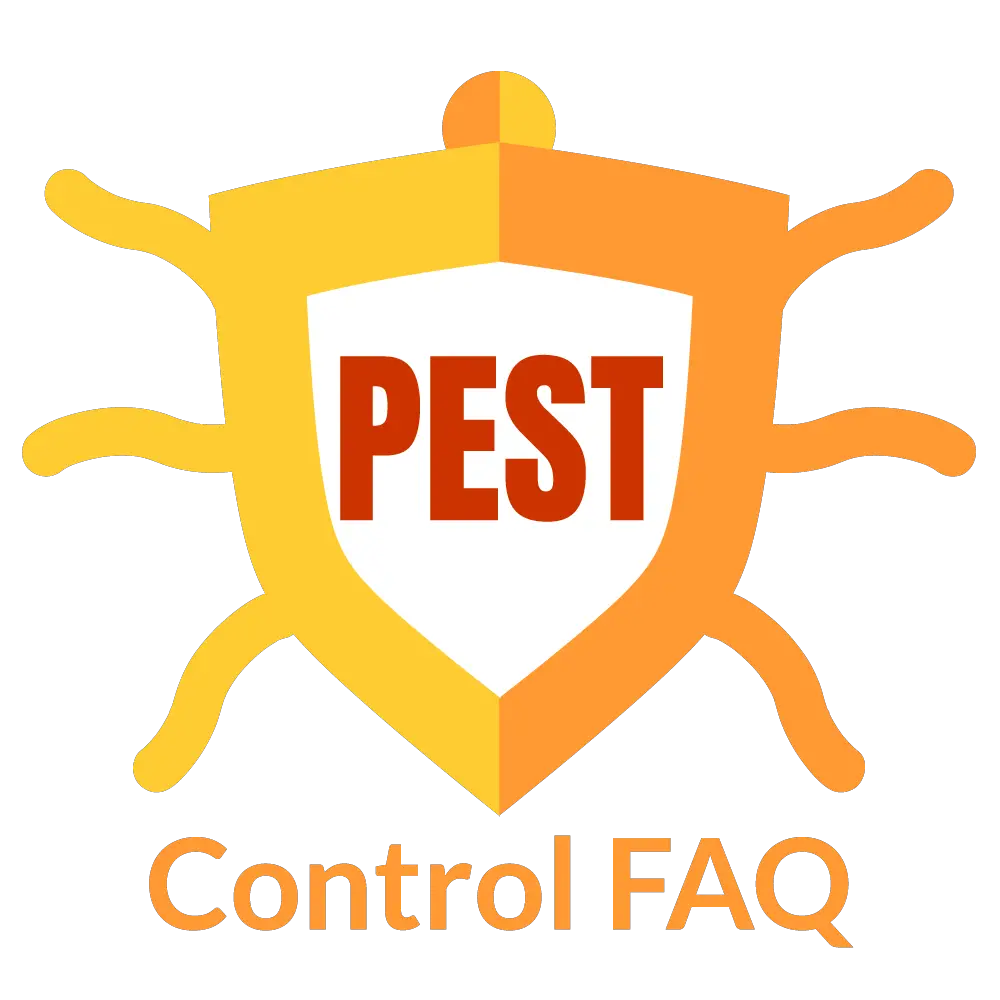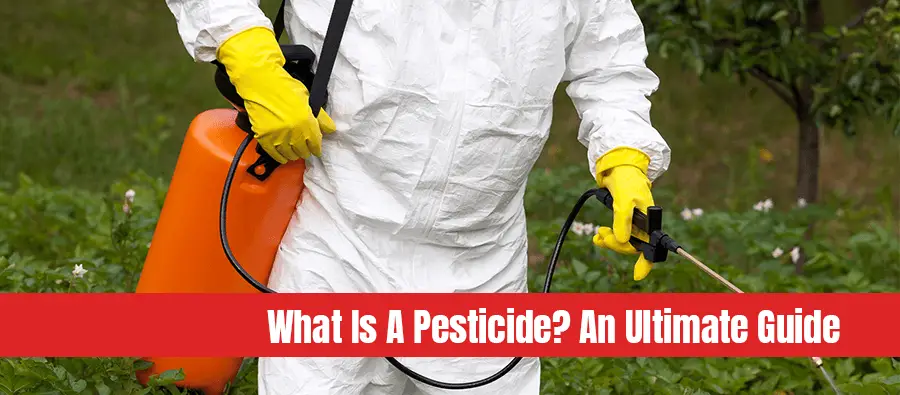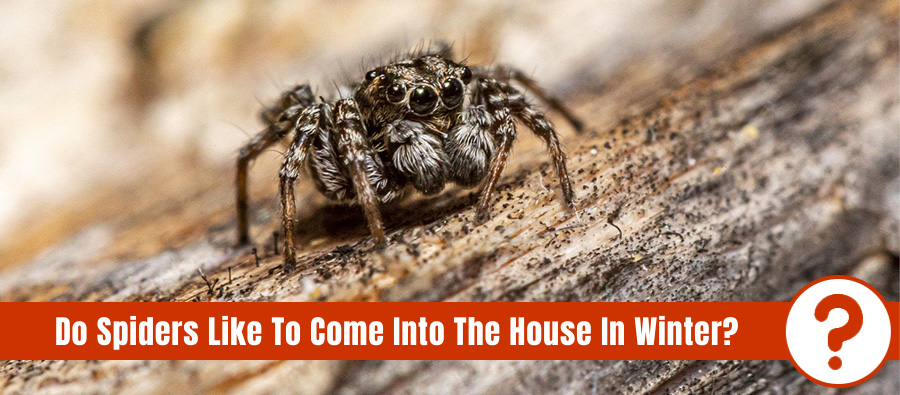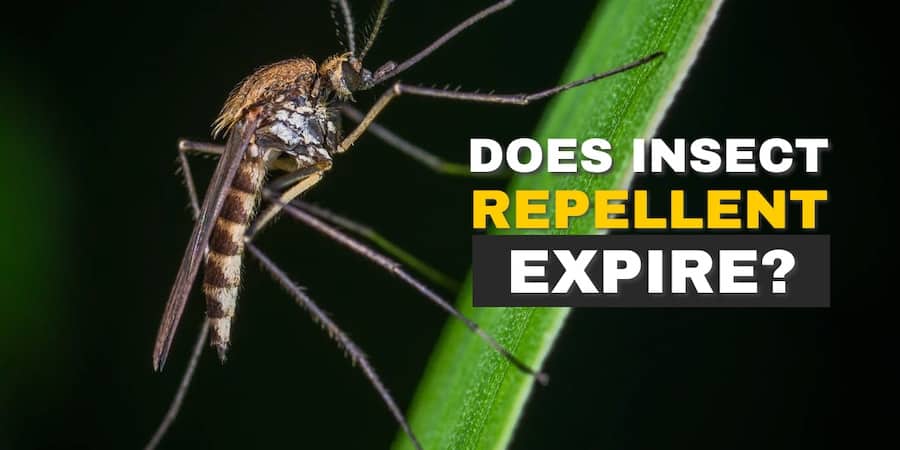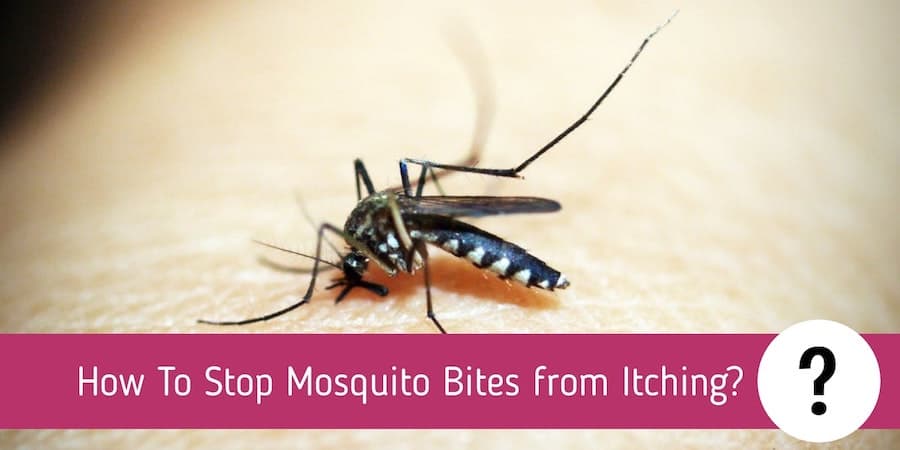Are you one of the many people that keep wondering what pesticides are, and what they do? Pesticides include insecticides, herbicides, fungicides, and much more. They can be useful for a surprising amount of things.
A pesticide is a substance that controls, destroys, attracts, or repels pests. There are numerous groups of pesticides. I know you have a ton of questions. Are essential oils also pesticides? What are the benefits of pesticides? How do I know what makes a pesticide or what doesn’t count as a pesticide?
In this post, we will take a full review of pesticides. From what they are to how they work and everything in between. We will be answering important questions you might have.
Table of Contents
What are pesticides?
Pesticide is a general term that describes any substance that is created for the killing, reduction, or repelling of pests in your garden or property.
These pests could be insects, rodents, fungi, bacteria, and even weeds (unwanted plants.) There are more than 1000 different pesticides used across the world.
Pesticides are usually chemicals. They also include substances that enhance plant growth. For example, defoliants are pesticides used to prematurely drop plant leaves and desiccants act as drying agents. There are even living organisms that are used to destroy pests, so they are also known as pesticides.
Pesticides can be synthetic or natural. Several household items such as disinfectants, and mildew remover also contain pesticides. Many different chemicals have been used for many years for pest control, and they have helped to increase crop yields.
Nevertheless, pesticide use has its health and environmental effect. Below we’ll be examining the benefits and effects of pesticides.
How do pesticides work?
Pesticides work on pests in different ways. While most pesticides act on pests by destroying their nervous system, others deter pests by inducing paralysis. As such, pesticides are also grouped based on the similarities of their chemical components or active ingredients.
The chemical classification of pests include:
- Organophosphate – This type of pesticide is normally made from phosphoric acid which is highly toxic. They deter or kill pests by affecting the nervous system. Some examples include fenthion, temephos, and chlorpyrifos.
- Carbamate – This pesticide works by disrupting an enzyme that regulates the neurotransmitter. Examples are carbaryl, methomyl, propham, and propoxur.
- Organochlorine insecticides – These pesticides are normally used for mite and insect control. It includes chlorine and the most popular examples are chlordane and dieldrin.
- Pyrethroid – This is a naturally occurring pesticide, found in chrysanthemums (flower) that causes paralysis to pests. Some examples include cyhalothrin, esfenvalerate, and permethrin.
- Sulfonylurea herbicides – These herbicides work by blocking the growth of branches. Examples include weed control such as pyrithiobac-sodium, cyclosulfamuron, bispyribac-sodium, terbacil, sulfometuron-methyl Sulfosulfuron, rimsulfuron, pyrazosulfuron-ethyl, imazosulfuron, nicosulfuron, oxasulfuron, ethoxysulfuron, chlorimuron-ethyl, bensulfuron-methyl, azimsulfuron, and amidosulfuron.
- Biopesticides – These use natural materials like animals, plants, bacteria, and certain minerals for discouraging and killing pests.
What are the groups of pesticides?
There are different groups of pesticides based on the pests they kill or deter. Each of the groups is effective against a specific group of pests.

Below you’ll discover the major groups of pesticides:
- Insecticides: deter or kill insects (ant bait, bug sprays, mothballs, etc.)
- Herbicides: deter or kills plants (weed killers, lawn care sprays)
- Rodenticides: deter or kill rodents such as rats and mice
- Bactericides: deters or kills bacteria
- Algicides: controls algae in water, lakes, and canals
- Fungicides: deters or kills fungi (flower sprays and paint additives)
- Attractants: attract pests (pheromones)
- Larvicides: deter or kills larvae
- Disinfectants: deters or kills bacteria (ammonia and bleach)
- Nematicides: kills nematodes that feed on the roots of plants e.g. microscopic, wormlike organisms
Are essential oils pesticides?
Essential oils are multi-purpose products. They serve as excellent detoxifiers, and they can also be used for aromatherapy. While it is not common to refer to essential oils as pest control, they are very effective natural pesticides.
Essential oils contain natural chemicals that are also used in regular pesticides. Because of this, it’s safe to say that essential oils are natural pesticides. Essential oils such as eucalyptus, citronella, peppermint, and lavender are widely used to keep pests at bay.
They are safer, eco-friendly, and budget-friendly options that have been proven to be effective against certain insects, and soil-borne fungi.
However, not all essential oils are used for the same pest issues. There are different essential oils for various pest problems. When applied properly, essential oils can be used in place of regular pesticides.
In short: The good and the bad of pesticides
This is just a quick overview of the benefits and disadvantages that pesticides have. Keep reading for the full scoop!
Benefits
- More plant growth
- Higher yields
- Lower food prices
- Easy to store
- Less plant diseases and pests
- Protection from parasites
Disadvantages
- Soil pollution
- Water pollution
- May harm beneficial insects
- May decrease pollination
- Not specific enough
- May alter plant’s genetics
- May be harmful to farmers and homeowners
Benefits of pesticides
Help with the growth of crops
One significant benefit of pesticide use is that it can assist with the general growth of plants. Plants lose a lot of energy when attacked by pests. This means they can’t grow optimally in this condition.
Pesticides help to reduce energy loss by fighting the pests directly. As a result, this also helps the plant to grow optimally.
Encourage higher harvest yields
Since plants will have more energy to develop using pesticides, the harvest yields will in general be higher.
The healthier the plant, the more crops it can deliver. Additionally, fewer crops will be lost because of pests. Which will additionally build the harvest yields.
Lower prices of food
The prices for products are regularly controlled by market interest. Thus, if higher harvest yields can be delivered using pesticides in agricultural cycles, the stockpile of food will increase.
This can prompt altogether lower food prices, which can incredibly profit the nearby populace.
Easy to store
Another advantage of pesticides is that they are very simple to store. When they are bundled correctly and stored under the right conditions, these pesticides can last a long time and still work effectively.
Avoidance of the spread of illnesses
Pesticides are not just valuable to lessen the issue of plant pests. They are also essential to stop the spread of infections across the overall population. For example, pesticides are imperative to lessen mosquito infestation.
Protection against parasites
In certain areas, parasites are a major issue that causes negative health impacts for the neighborhood.
Pesticides can help significantly to secure the overall population against medical problems brought about by parasites.
Disadvantages and side-effects of pesticides
Aside from the various significant advantages of pesticides, there are numerous issues identified with the use of these substances. These effects can potentially cause damage to crops, animals, and humans. Here are some of the effects of pesticides:
Soil pollution
The use of pesticides can lead to soil pollution. Over the long run, critical amounts of destructive components will wind up in the dirt. This can stop some helpful microorganisms from populating the dirt.
Groundwater pollution
If large amounts of pesticides seep through your soil, they can also reach your groundwater. This can prompt groundwater pollution, which can cause severe damage to your plants and environment.
Can eliminate helpful insects
Using pesticides can prompt a decrease in the number of helpful insects. For example, pesticides are known to diminish the number of honey bees and butterflies.
This can have a few negative effects on the nearby ecosystem. To keep those insects safe, pesticides should not be used on a huge scale.
Pollination might become hard
If the amount of supportive insects like honey bees is decreased using pesticides in agribusiness, chances are, the pollination of plants will be a lot harder. There must be enough of those insects available, so plants can be properly pollinated.
Not specific enough
Another disadvantage of pesticides is that they are just not specific enough. They can’t tell the difference between unsafe bugs and supportive insects.
A large number of insects will be eliminated because of the use of pesticides. Since these methods decrease the population of insects and microorganisms, this may be something you aren’t morally comfortable with.
Genetics of plants might get modified
Extended exposure to pesticides can change the genetics of plants. This can have all kinds of unknown effects since the effects just aren’t clear.
Unfavorable health effects on farmers and homeowners
Pesticides can be very unsafe for our health. If farmers are exposed to those pesticides and don’t wear the correct protective gear, they might experience bad long-term health effects at some point or another.
Numerous farmers don’t wear veils or different kinds of security when they use these substances. Because of this, their risk of experiencing the side effects of long-term health issues increases.

Are pesticides harmful to humans?
Yes, pesticides can affect human health negatively. Pesticides have both acute effects and adverse or long-term effects on humans.
Chronic effects that only appear after months or years due to exposure to pesticides are considered long-term effects. These can range anywhere from cancer and birth defects to disruption of the endocrine system.
Acute effects happen immediately. These may include symptoms like blisters, nausea, rashes, and stinging eyes.
Certain people, such as younger children, are more susceptible to the effects of pesticides. Infants are more vulnerable to these exposures as their immune systems and nervous systems are still forming. People with asthma tend to suffer even more critical health effects from pesticides such as pyrethroid and organophosphate.
The effects of pesticide poisoning can seem like your average flu or cold at first. Although acute effects may seem minimal, it’s important to get medical attention if you’ve been exposed.
As identified above, there are several chemical classes of pesticides. Just like pests, these pesticides also affect humans in different ways.
Carbamates and organophosphates attack the brain and nervous system with every exposure. They cause acute effects such as chest pain, dizziness, and nausea as well as adverse effects like breathing difficulty, convulsion, coma, and even death.
A pyrethroid is also toxic to the nervous system. This pesticide is very harmful to pregnant women and can also cause reproductive problems and cancer.

Are pesticides harmful to pets?
Most synthetic pesticides like Carbamates and organophosphates are very harmful to pets and can cause clinical conditions such as nausea, vomiting, and diarrhea. Your pets can get exposed to these pesticides by inhaling them or absorbing them through their skin or ingestion. The worst case is usually ingestion.
Pet owners need to take caution to avoid these conditions. Make sure to follow the directions on the label of the pesticide and take pets and pet toys away before applying them.
Can you use pesticides safely?
Pesticides cannot be entirely regarded as safe. They are made to be poisonous to various pests. This does not mean that it is impossible to apply these chemicals in a way that has little to no effect on you and your family.
Ultimately, if you are scared to do this yourself, you should always consider contacting a professional. These are technicians that are trained in how to keep themselves and you and your family safe. You can find more information on the safety of professional pest control here!
Skip the Hassle & Hire a Professional Pest Control Service!
Check out our exterminator search tool where you will receive free quotes from thoroughly vetted exterminators in your local area!
You can reduce the human and environmental risks of pesticides by taking simple steps that’ll ensure your safety. Ensure you correctly identify the pests you have and the level of the infestation. This will help you select the best product to stop the infestation and avoid trying out different inappropriate chemicals.
Most importantly, follow the directions on the label and use protective instruments to reduce exposure. Do not eat, smoke, or drink while handling these chemicals. You can have a change of clothes and wash your hands after applying pesticides to reduce exposure as well.
Store pesticides and the pieces of equipment used for them properly. Avoid transferring these chemicals from one container to the other or using pesticide containers for other purposes. Do not use more pesticides than is needed, and do not apply pesticides outdoors if it is rainy.
